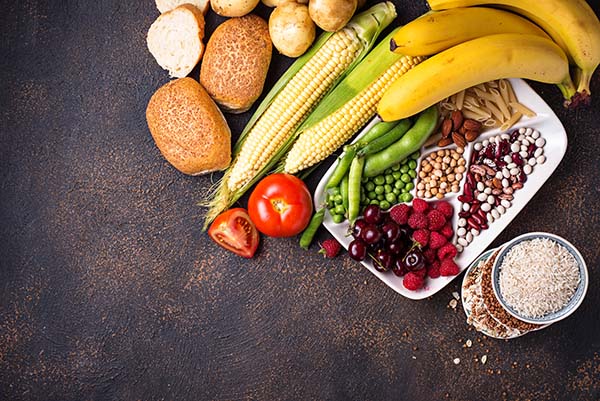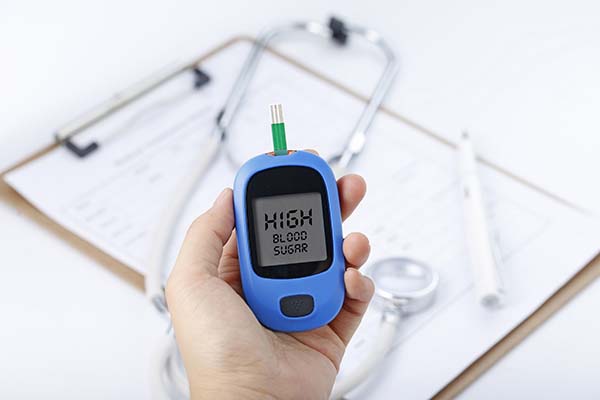From 1980 to 2014, the number of adults living with diabetes increased from 108 million to 422 million (from 3.1% to 7.1% prevalence). It caused an estimated 1.6 million deaths in 2016. Diabetes is no longer a disease attributable to rich nations and is increasingly affecting low to middle income countries.
Generally, if you have type 2 diabetes, you may still have insulin in your body, but just not enough for proper blood sugar control. Type 2 diabetes is quite common amongst adults. Unfortunately, children are not immune to this disease. Obesity is one of the few factors that can increase a person’s chance of getting type 2 diabetes.
Diabetes is a health concern worldwide, and the number of adults living with it is significantly rising. One of the most common forms of diabetes is type 2. Type 2 diabetes is a condition in which a person’s body cannot metabolize glucose or sugar. The pancreas no longer produces enough insulin or the body is not able to use its own insulin effectively.
When sugar can’t get to where it is supposed to be, it leads to elevated blood sugar levels in the bloodstream, which can lead to complications such as kidney, nerve, eye damage, and cardiovascular disease. Over time, the cells develop resistance to insulin, which then requires the pancreas to make more and more insulin to move into the cells. The pancreas eventually wears out, and can no longer secrete enough insulin to move the sugar into cells for energy.
Diabetics need to watch what they eat on a regular basis. They should focus more on consuming complex carbohydrates and foods with low glycemic. But what does this all really mean? I’m going to break it down for you.
Sugar molecules that are strung together in long, complex chains are called complex carbohydrates.
Read more: Differences in Nutritional Food Labelling Rules in the US, Canada, and the UK

Here are some examples of food with complex carbohydrates:
- Fruits and vegetables, brown rice, whole wheat, quinoa, oatmeal, beans, and lentils.
Fats don’t have much of an effect on blood sugar, but can be useful in slowing the absorption of carbohydrates.
Protein provides steady energy with little effect on the blood sugar. It keeps your blood sugar stable.
Read more: Nutrition Analysis Software for Restaurants
Protein packed foods include:
- Beans, legume, eggs, seafood, dairy, peas, tofu, lean meats, and poultry.
For most people, diabetes can be controlled through diet, insulin, and exercise alone, so it is of the utmost importance to eat a healthy diet. Diabetics can take control of their health and prevent their diabetes from getting worse. The right decisions have to be made when selecting foods and ingredients for your daily meals.
Read more: Foods to help keep your Kidneys Healthy

It is important for food providers, such as restaurants, to contribute to the healthy ecosystem and provide food options that will still allow a diabetic to eat comfortably at their facility. Sometimes, there is a stigma attached to diabetes. It is the assumption that each diabetic has a sweet tooth and develops diabetes as a result of this, which is simply not true. Scientists do not know the exact cause, but risk factors include excess body fat, high blood pressure or cholesterol, having a family history of the disease, and also a history of gestational diabetes.
How does diabetes damage the body?
The ADA claims that:
- Heart attacks or strokes are significantly more common among adults with diabetes.
- Diabetic retinopathy, which can result in vision loss and blindness, plagues more than a quarter of American diabetics.
- Every year, almost 50,000 Americans start treatment for kidney failure due to diabetes. This disease is responsible for 44% of all new cases of kidney failure.
- Diabetes causes about $73,000 lower limb amputations yearly, which accounts for 60% of all power limb amputations (not including amputations due to trauma).

Diabetics deserve a good quality of life and the ability to enjoy a meal. They have the right to know what is in the meal in order to properly control their health and body. MenuSano was created for this cause: preventative health. We want individuals to regain control of their health with a proper diet, healthy ingredient choices, and nutrition analysis at the point of sale. If we provide the information, individuals can then make choices that will benefit their health and lifestyle. Information is powerful.
Diabetes can have serious health consequences. The ADA reports that more Americans die from this disease every year.
Sonia Couto, Founder of MenuSano



















